Many model names are inspired by places found on a map. With some lexicographic leaps of logic, we complete the alphabet
When Alfa Romeo decided to name its vital new crossover Milano in honours of its long-time home city, company bosses couldn’t possibly have expected what came next.
What seemed like a pleasant tribue to Italy was met with fury by the Italian government, which was already in dispute with parent firm Stellantis on a number of issues.
The Italian government cited European Union rule of origin laws (which ensures only cheese made in Parma can be called Parmesan) to insist the made-in-Poland machine couldn’t be named after an Italian city.
The demand was unprecedented in the car world, and while Alfa insisted its legal case was sound, it ducked the argument and renamed the machine the Junior.
It was a strange saga, ands one that highlights the challenge that can come with naming a car after a city or region. Despite that, geographical locations continue to be popular source material for car firms seeking names for new models. Which made us wonder, could we will an A-Z with cars named after places? Let’s find out…
A: Volvo Amazon

If Celebrity Race Across the World can start in the Amazon, so can we – although Volvo’s US-friendly saloon isn’t actually named after the South American river and rainforest. Volvo originally wanted to call it Amason, but it was changed after a trademark dispute with motorcycle firm Kreidler. The intention was to reference the Amazon female warriors from Greek mythology. Anyway, it’s claimed the warriors inspired the name of the river, so I reckon we’re all good. And if you think that’s overly tenuous, you may wish to stop reading now…
B: Volkswagen Brasilia
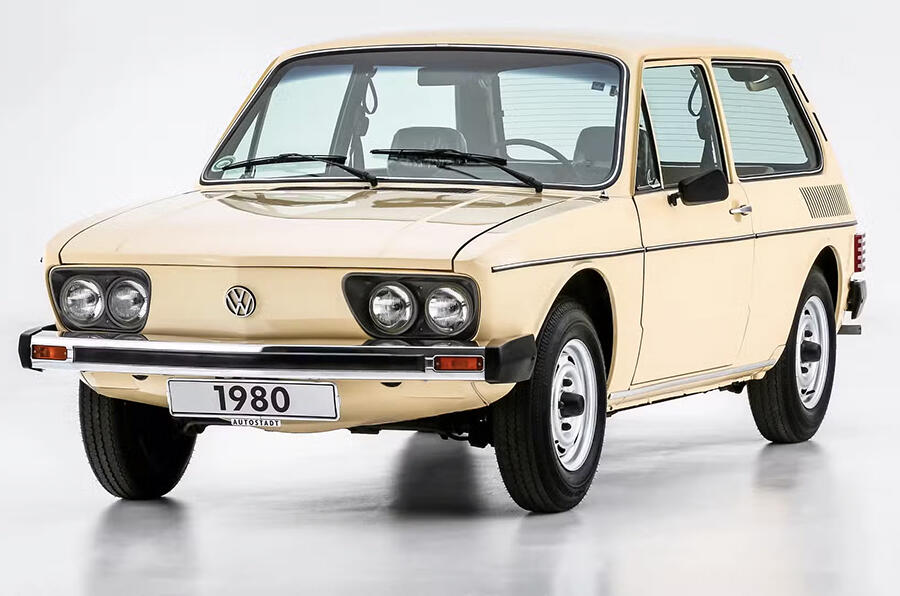
VW has a long history of making cars in Brazil, including the production of a string of local-market models. Named after the country’s capital and using an air-cooled flat four, the Brasilia was developed in the 1970s as a Brazil-focused equivalent of the Fusca (the Beetle to you and me).
C: Cadillac and Oldsmobile Calais
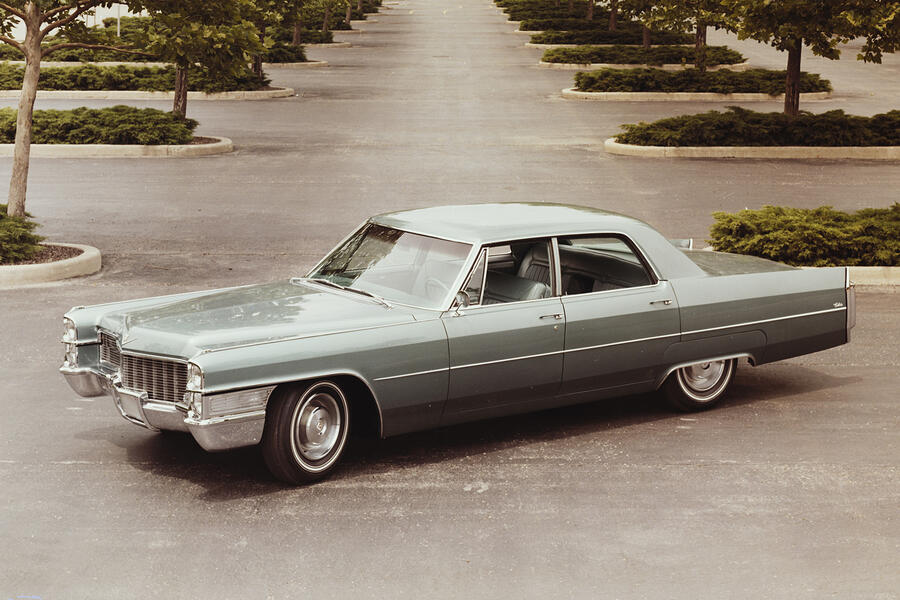
GM first used the Calais name in 1965 for the successor (above) to Cadillac’s entry-level Series 62. That was discontinued in the 1970s, but the badge returned for an Olds saloon in the 1980s. Who wouldn’t want to capture the glamour of massive beer and wine supermarkets full of day. tripping booze-cruise Brits?
D: Dodge Daytona
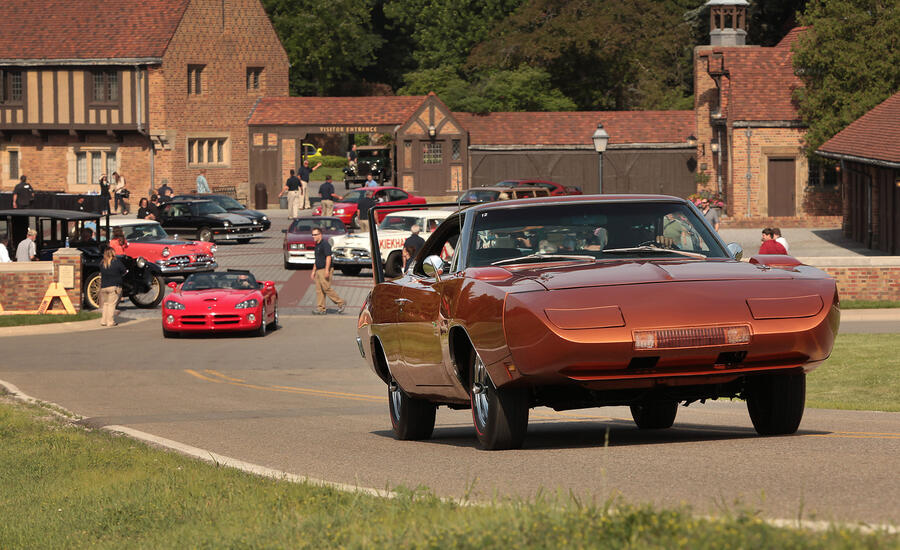
We would pick the Ferrari Daytona here because, well, it’s a Ferrari. but Maranello insists Daytona is an unofficial name for the 365 GTB/4 coined after its success in 1967’s Daytona 24 Hours. Dodge Daytona it is, then. The middling 1980s Dodge hatchback that bore the name took it from the epic Dodge Charger Daytona, the big-winged 1960s “aero warrior’ designed to exploit Nascar’s production car rules.
E: Ford Everest
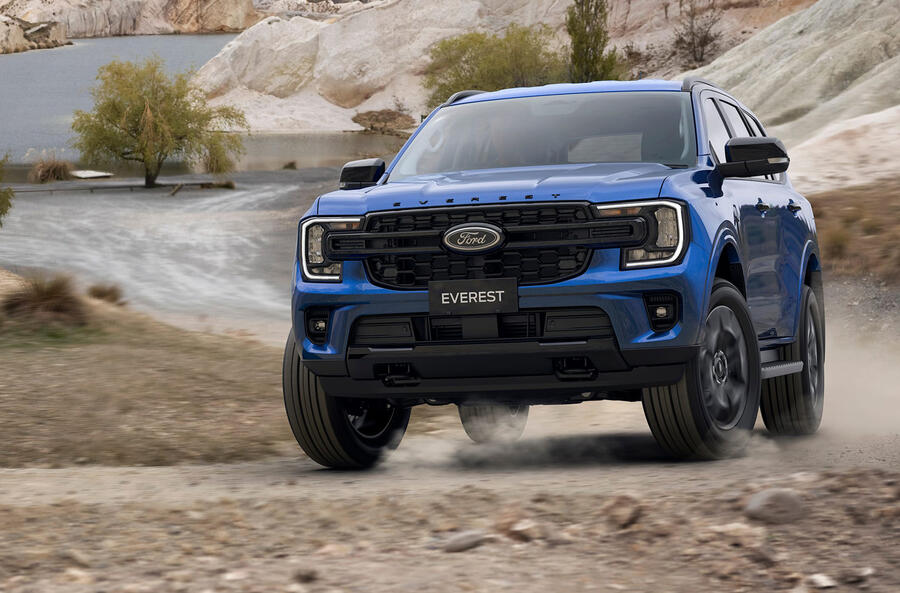
It’s the question you’re all asking: could a Ford Everest SUV drive up Mount Everest? Well, you can actually drive to base camp at 16,900 feet on the Tibet side of the mountain, but the road stops there. The highest that a car – a specially converted Porsche 911 Carrera 4S driven by Pikes Peak hero Romain Dumas – has ever driven is 22.093 feet, but Everest tops out at 29,035 feet. We’ll say that’s a no, then.
F: Renault Floride
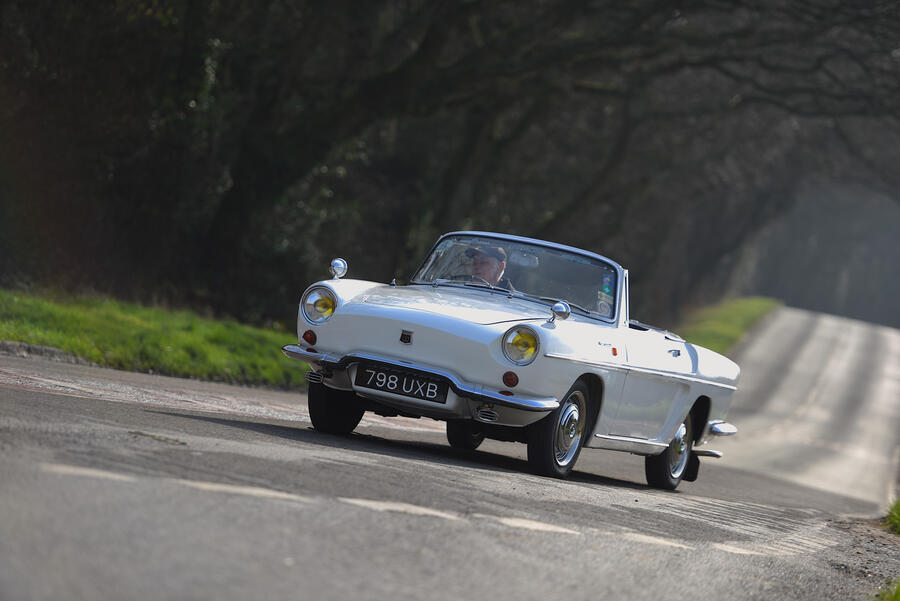
This 1958 two-seater had its origins in a Renault distributors’ conference in Florida, where US dealers pushed for a Dauphine coupé to boost the French firm’s image. The project was known as Floride (the French spelling is used, obvs). Oddly, in the US the Caravelle name was used, reportedly to not put off buyers in other states – perhaps a sign that ‘Florida Man’ was a thing long before the internet.
G: MG Gloster
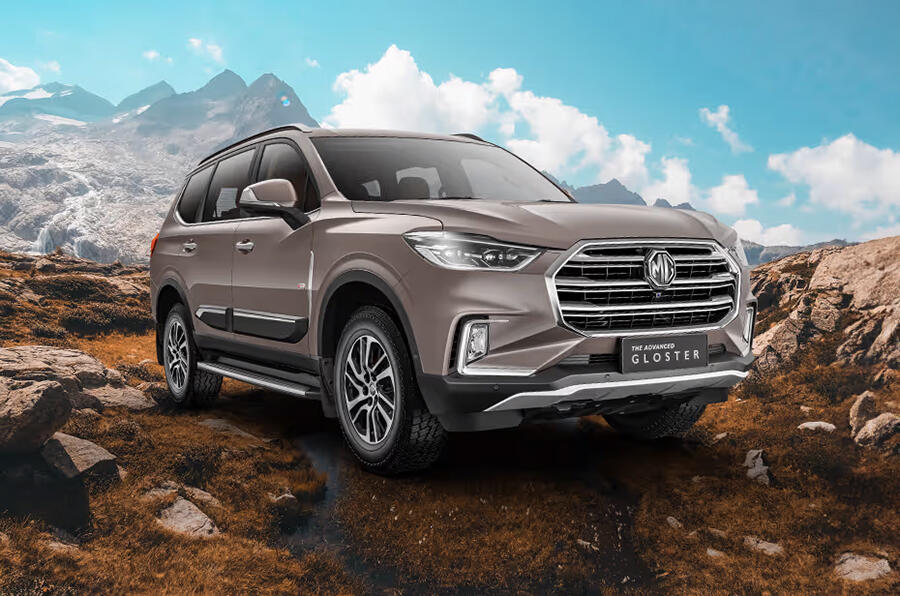
Not all of the revived MG brand’s models are offered in the UK: the Gloster is an Indian-market SUV (and a rebadged Maxus D90). But while it’s not sold here, the name has British roots, nodding to the Cheltenham-based Gloster Aircraft Company. It was founded in 1917 as the Gloucestershire Aircraft Company but changed its name in 1926 because foreigners found ‘Gloucestershire’ too hard to pronounce. Hmmm, never stopped Worcestershire Sauce.
H: Austin Hampshire and Hereford
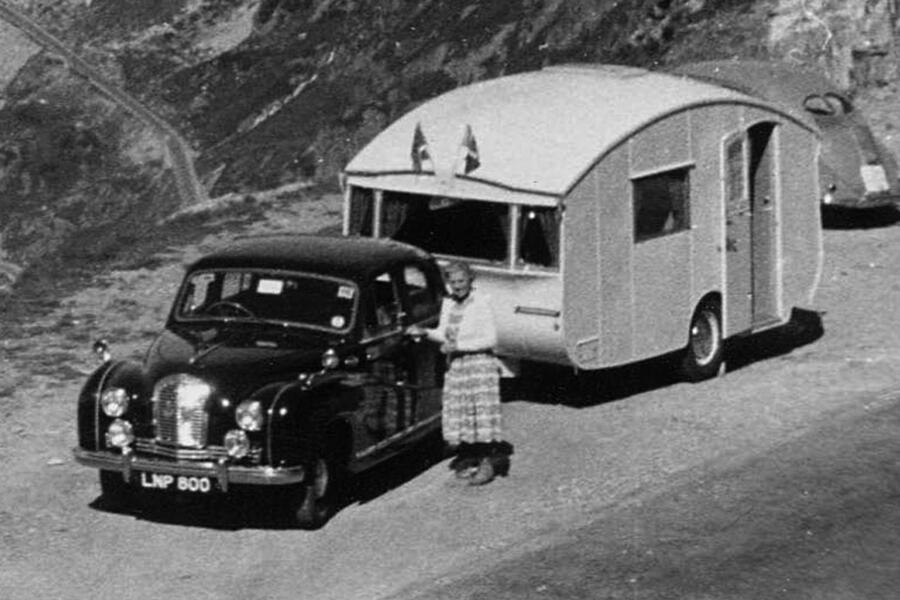
Austin had a proud history of naming cars after British places: there’s also the Cambridge, Devon/Dorset, Somerset and Westminster. We’re not sure why they used a mix of towns and counties, though. Perhaps it’s because ‘Hampshire’ sounds posher than Basingstoke’,
I: Grumett Indiana
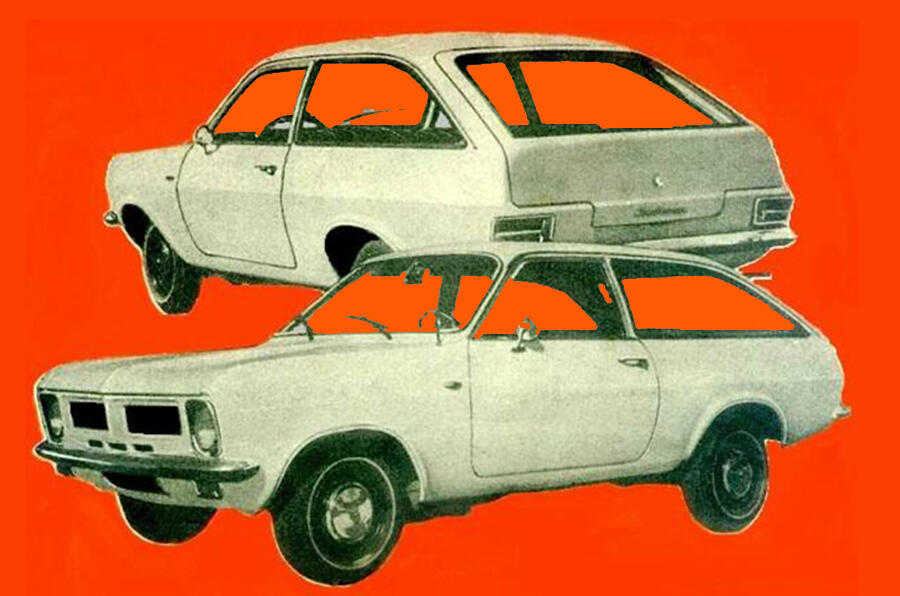
Uruguayan car firm Grumett specialised in making cheaper versions of Vauxhall designs. The 1972 Indiana had a glassfibre shell styled using a Viva HC mould but used an 1800cc engine and the platform from the Opel Kadett B. Yes, a car made in Uruguay based on a British design with engineering from Germany was named after a midwestern US state. And why not?
J: Lamborghini Jarama
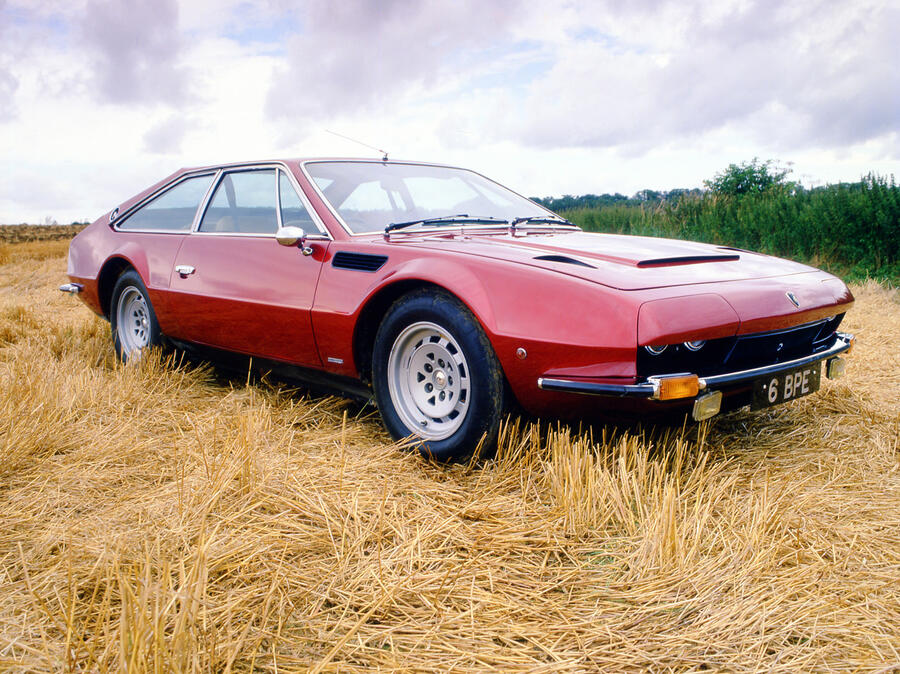
Like all good Lamborghinis, this Bertone-designed 2+2 grand tourer, launched in 1970 with an eye on cracking the US market, is a load of bull. As has long been a Lamborghini tradition, its name is a reference to fighting bulls: in this case, the Jarama region north of Madrid is renowned for breeding fighting bulls. Ferrucio Lamborghini said the Jarama was his favourite model that his firm had produced. Which is absolutely no bull.
K: Ford F-150 King Ranch
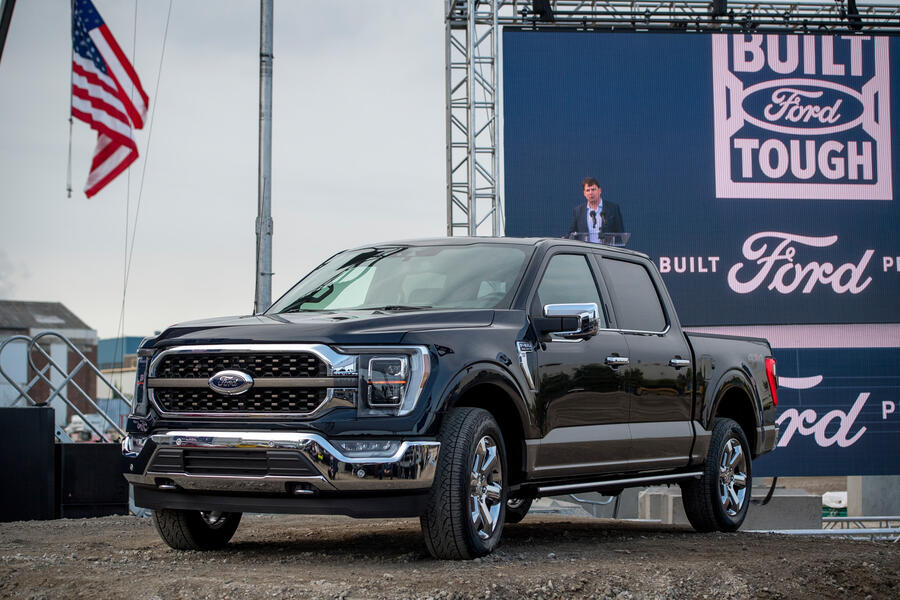
The massive F-150 pick-up is Ford’s best-selling vehicle, and King Ranch is the best-selling model trim on it, mixing luxury touches with cowboy chic. It’s so successful that Ford now offers King Ranch trim on a range of home-market models. But you might not know that King Ranch is a real cattle ranch in Texas, and it’s the biggest in the US. In fact, at 1289 square miles, it’s bigger than Luxembourg. No, really.
L: Daewoo and Pontiac LeMans
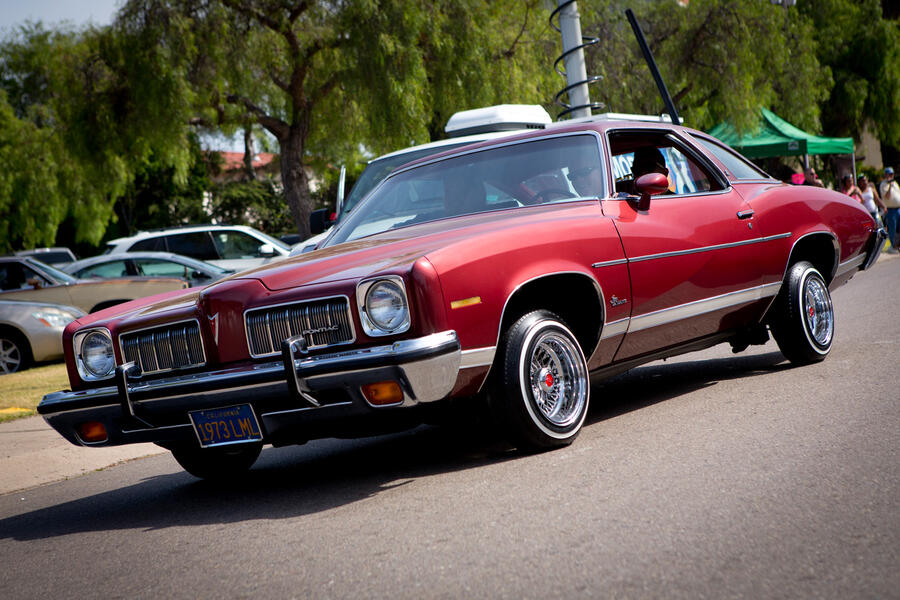
There’s a long history of car firms naming models after famous motorsport venues, usually ones at which they have enjoyed some success. Remember when Daewoo and its sometime GM stablemate Pontiac won the Le Mans 24 Hours? Us neither. Come to think of it, we also can’t remember when LeMans was one word, but there you go.
M: Alfa Romeo Mito
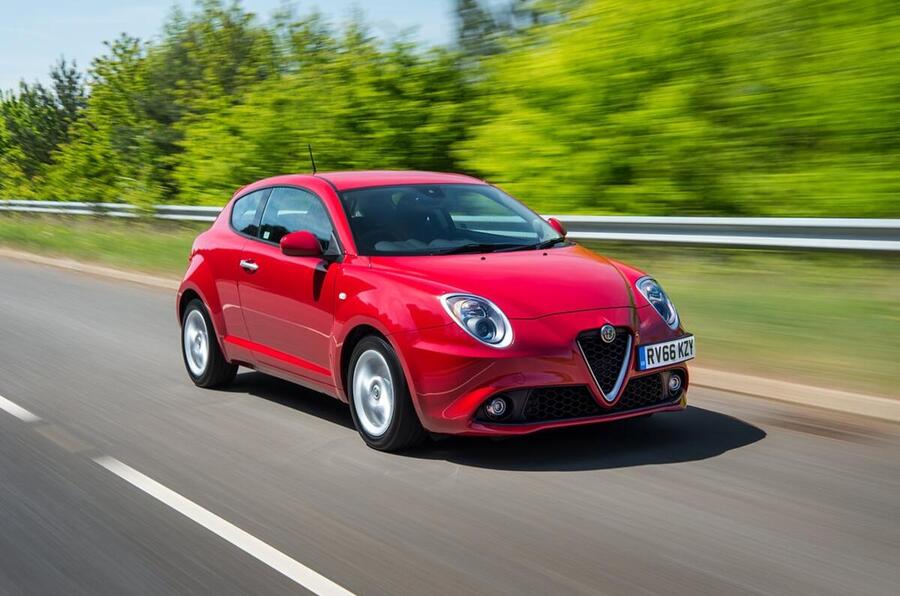
Don’t tell the Italian government, but Alfa Romeo has already named a car after Milan. In fact, the MiTo is a tribute to two Italian cities: it’s a portmanteau. Milan-Torino references both the city in which it was designed and the one in which it was built. Incidentally, the car was originally going to be called Junior before Alfa changed its mind. What bizarro reverse world is this?
N: Chrysler New Yorker
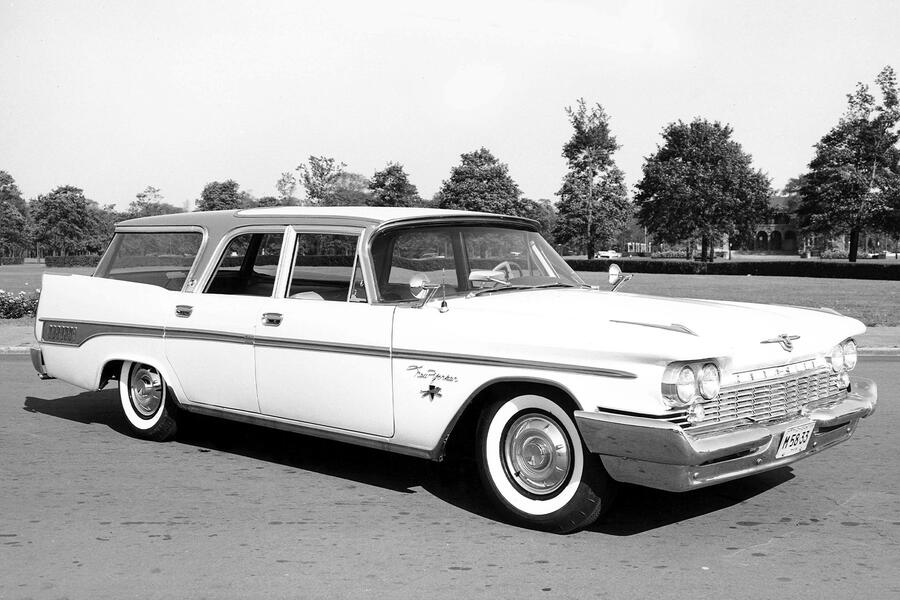
Walter Chrysler left his mark on New York with his eponymous Chrysler Building, the world’s tallest when it opened in 1930. So it’s fitting that one of the longest-running models was the New Yorker saloon, launched in 1939. It went through multiple generations until 1996, when it was the oldest nameplate of any US model.
O: Subaru Outback
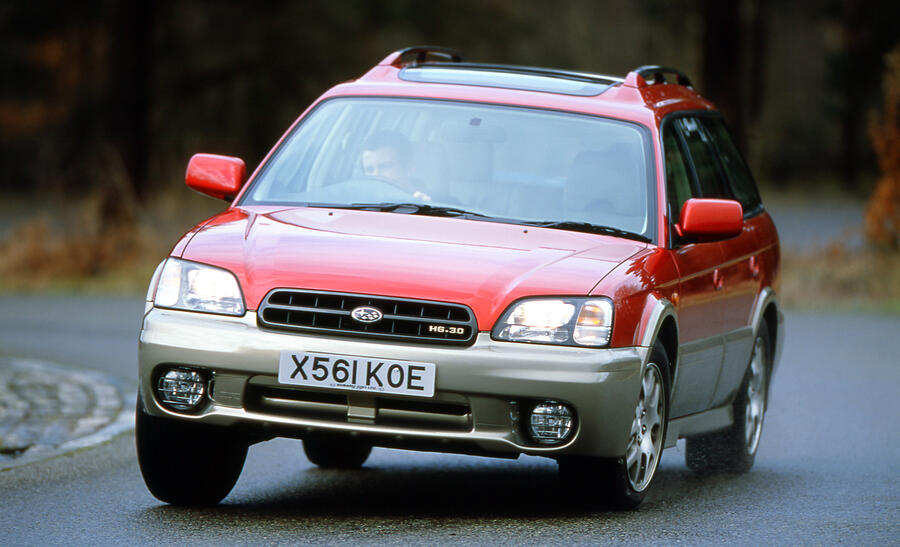
Initially spun by an estate variant of the Legacy saloon, the Outback was devised by Subaru’s US arm in the 1980s and pointed to the car’s seemingly rugged credentials. The firm even recruited Paul ‘Crocodile Dundee’ Hogan to head the marketing campaign – presumably because they couldn’t afford the services of the Australian outback’s greatest motoring export, Autocar’s own Steve Cropley.
P: Ferrari Portofino
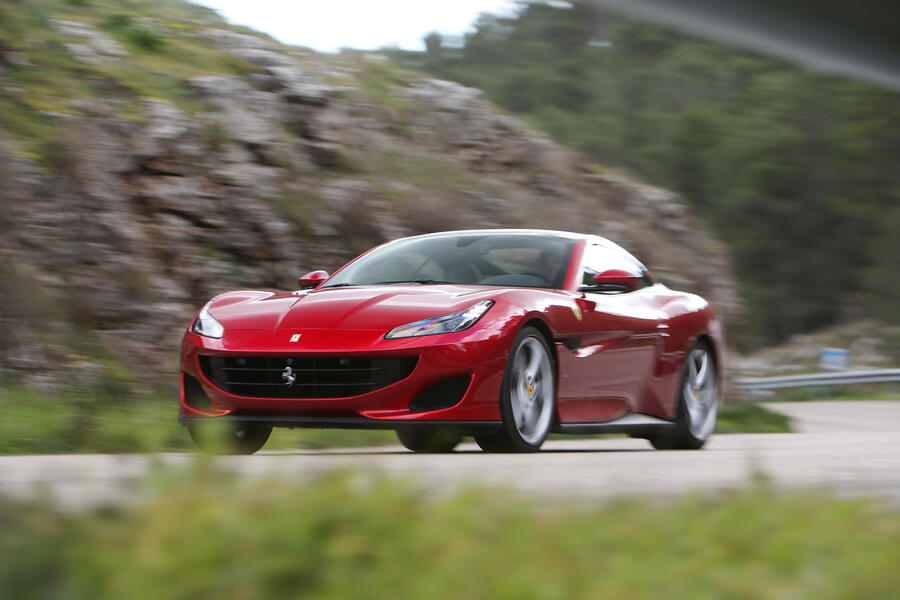
Ferrari’s model-naming system is pleasingly logic-defying – which helps explain why, in Ferrari’s line of 2+2 grand tourers, the Portofino, named after a tiny commune on the Italian Riviera, was preceded by the California and succeeded by the Roma. Then again, while Portofino may be tiny, it has become a favoured tourist spot of the European aristocracy, who probably over-index as Ferrari buyers.
Q: Nissan Qashqai
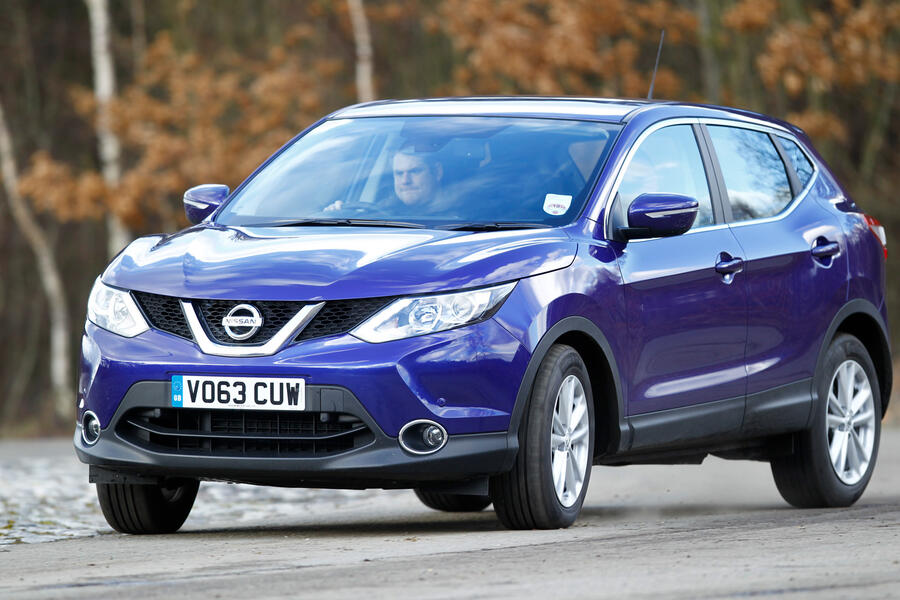
It might jokingly be pronounced ‘cash cow’ for its impact on Nissan’s bottom line, but the original crossover is named after the Qashqai people who are found in southern and central Iran. The Qashqai are traditionally nomadic, but if you hunt around Iran (on Google Maps, at least), you can find a town named Hoseynabad-e Qashqai. A tenuous connection? Absolutely, but it was either that or try to pretend there’s a town in Germany called Quattro.
R: Seat Ronda
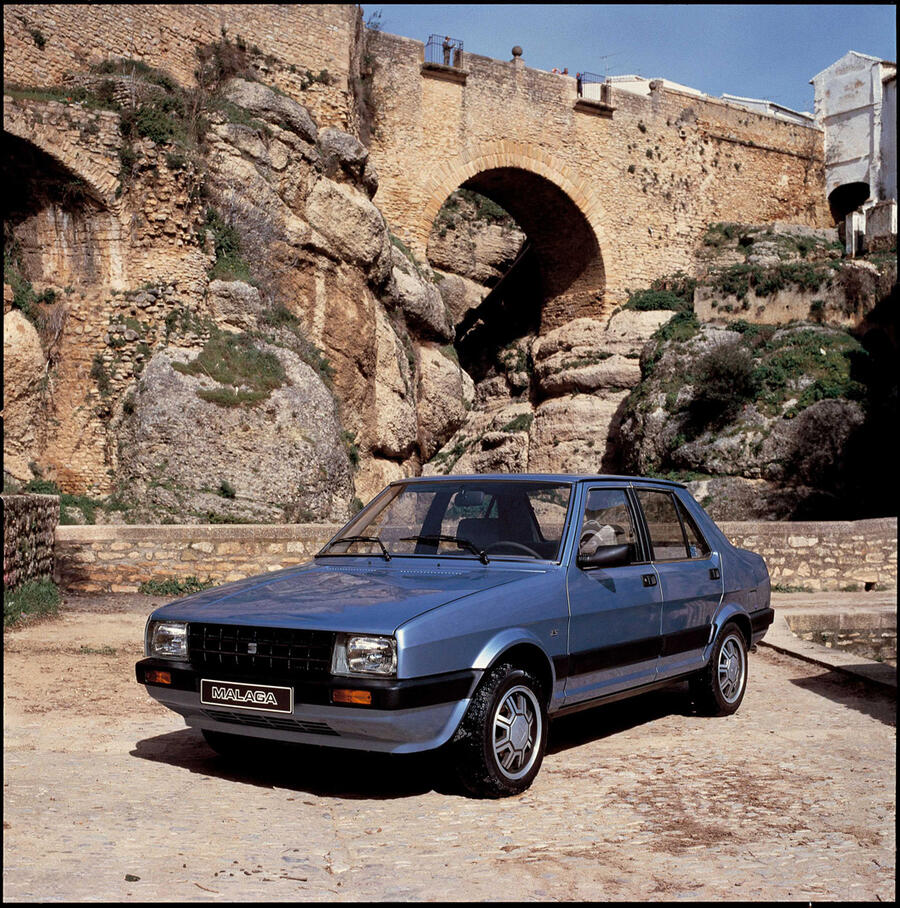
This 1982 model began the trend for the firm’s cars to be named after Spanish places – and all because of a spat with Fiat. The Ronda was a badge-engineered Fiat Ritmo and originally shared the name, but when the partnership between the firms collapsed in the early 1980s, a facelift and a rebrand beckoned. Since then, Seat has named all its cars after Spanish locations, including classics such as the Ibiza and Leon, the Ateca and Tarraco SUVs and the Alhambra MPV (named after a grand palace, rather than a city). There was even a Malaga saloon once, although the glamour of that name hasn’t held up so well.
S: Plymouth Savoy
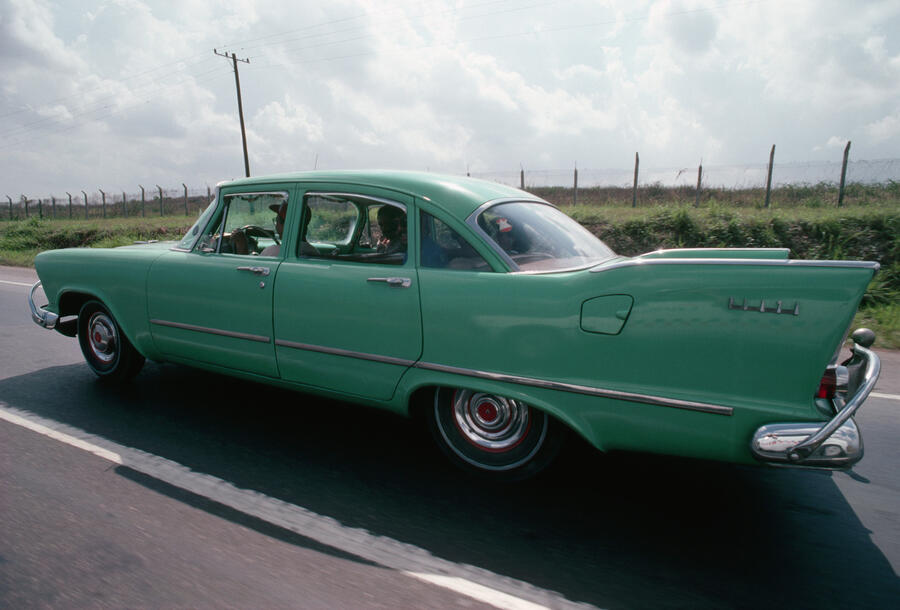
Plymouth had form for naming cars after posh hotels (think Plaza and Belvedere, although we don’t recall a Hotel Gran Fury). But given this Savoy was a wallowing American saloon, we suspect it might struggle with the Savoy Court’s famously tight turning circle. Bonus location-based points here, because the Plymouth brand name references the city in Massachusetts.
T: Hyundai Tuscon
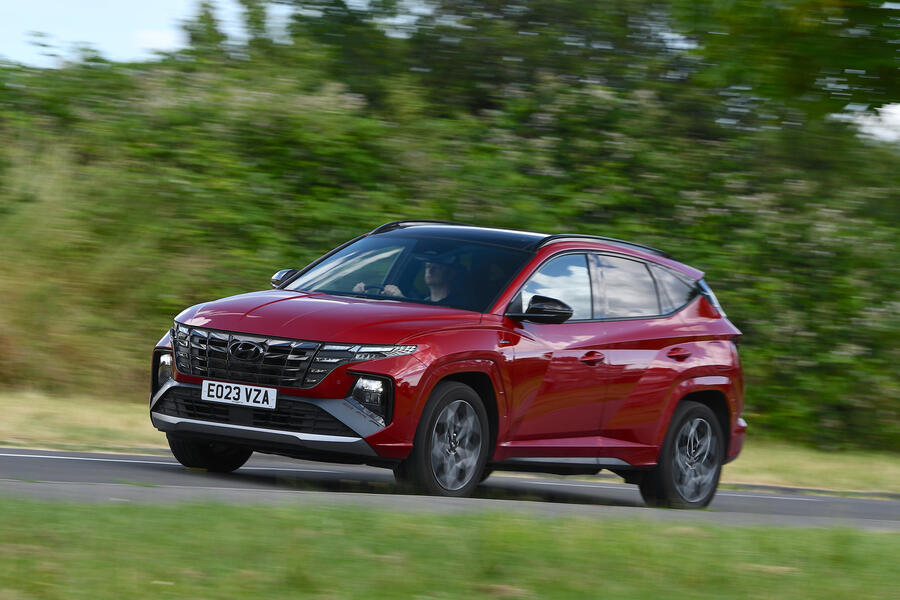
Hyundai has form for naming its models after western US towns that are a short detour from Route 66: as well as the Tucson, there’s the Santa Fe and the Santa Cruz. Tucson is the second-largest city in Arizona, and its name is derived from the Tohono O’odham language: it means ‘spring at the base of the black mountain’. Catchy name for a car, that.
U: UAZ 469
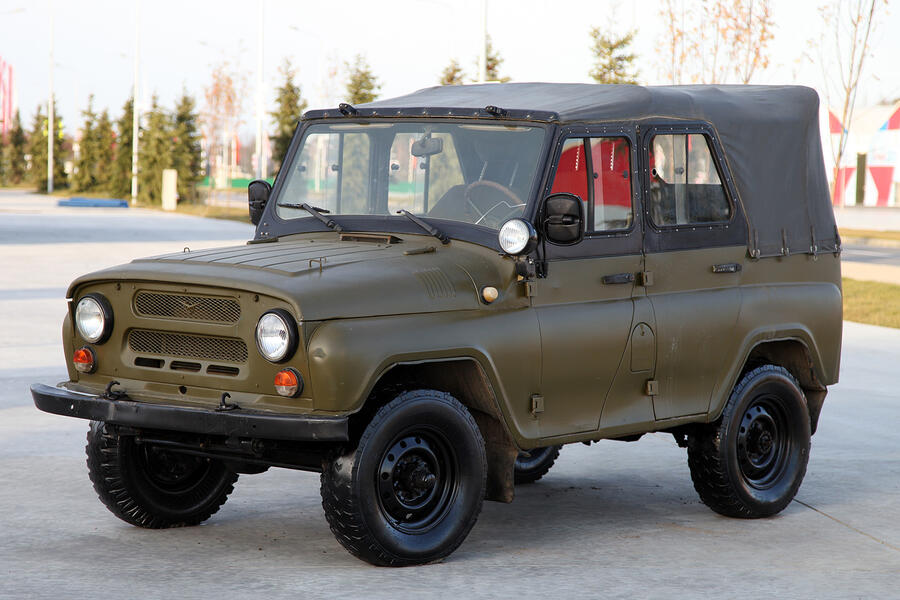
The letter U gives slim pickings, so we’ll include the civilian version of this 1970s Soviet military off-roader. The name is the result of the USSR’s logical model numbering: each vehicle was given an alphanumeric designation based on the factory in which it was built and its output. UAZ stands for Ulyanovskiy Avtozavod, which is in Ulyanovsk, 400 miles east of Moscow.
V: Lincoln Versailles
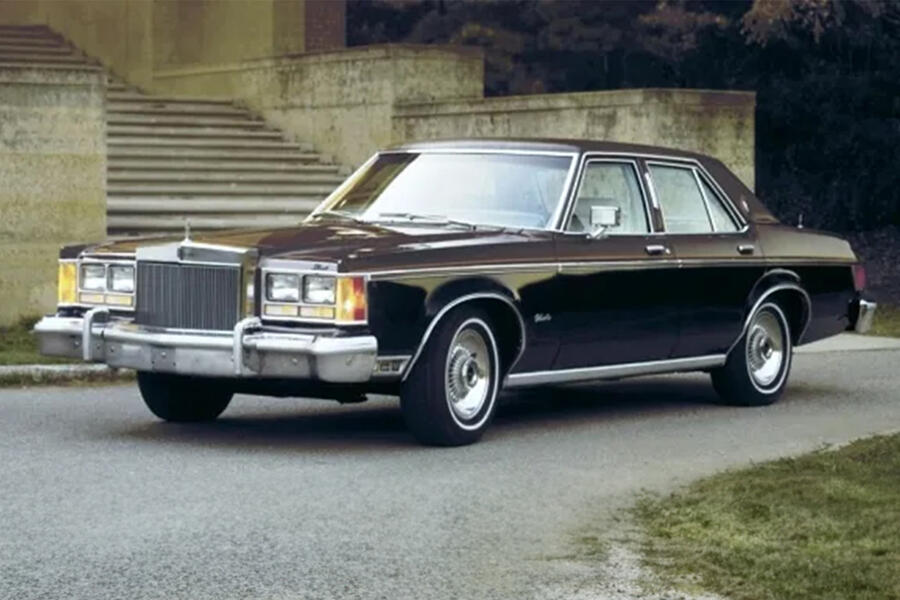
Lincoln is Ford’s US home-market premium brand, but the Versailles nameplate does have French roots: it was the name of a 1950s Ford built at the Simca plant in Poissy, France, which isn’t far from the Palace of Versailles. Ford revived the name for a Lincoln saloon from 1977-1980. Oddly, its Brazilian arm would use it as the name for a badge-engineered Volkswagen Santana in the 1990s.
W: Chrysler Wimbledon
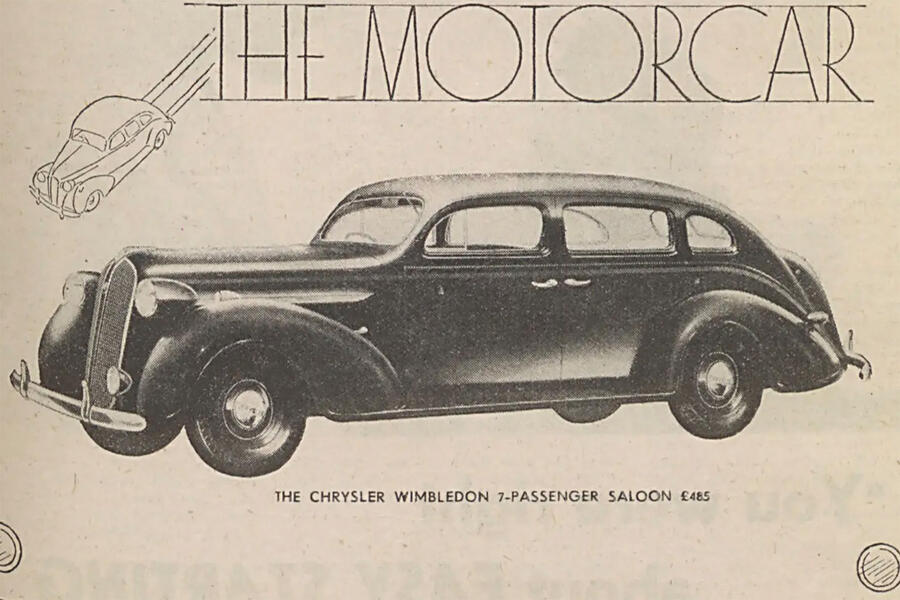
After Chrysler bought a factory in the west London borough of Kew, it used the facility to build up and prepare imported US and Canadian cars for the UK market; and in the 1930s, some models were rebranded with the names of towns close to Kew, hence cars such as the Croydon, Kingston, Mortlake and Wimbledon (a rebadged Plymouth P6). No Chrysler Staines, though.
X: Citroen Xantia
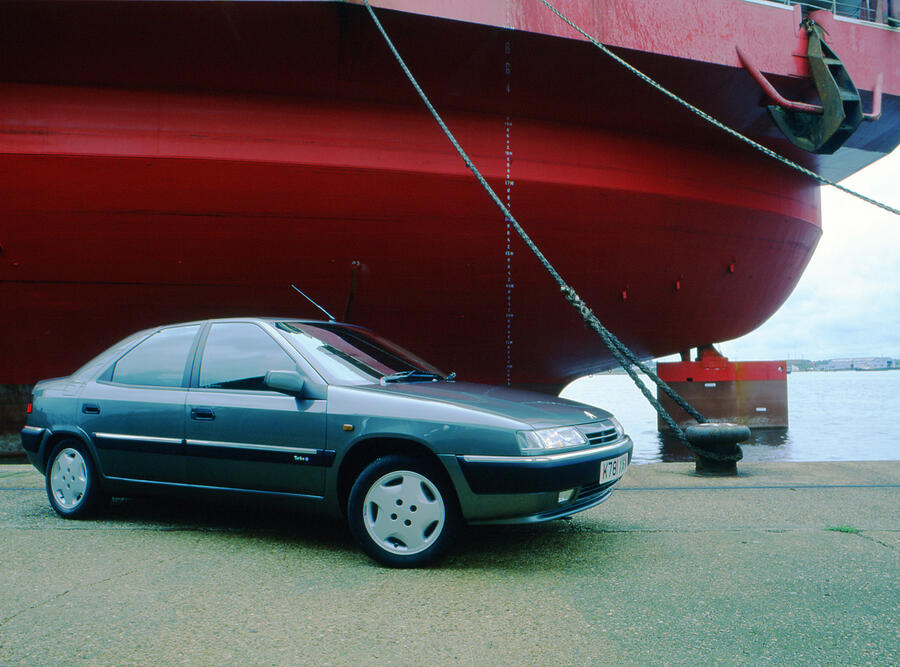
Lots of cars feature ‘X’ in their titles, but usually as a nod to a rugged crossover of some description rather than marking an actual geographic spot. So we’ll go for the Xantia, a Citroën large saloon that was sold from 1997 through to 2001. The name is derived from Xanthos, which is the name of an ancient Lycian city and in Greek mythology means ‘golden’. Xanthos dates from the 8th century BCE and was once a major trading hub. Its ruins are now a Unesco World Heritage Site in what is now Turkey.
Y: GMC Yukon
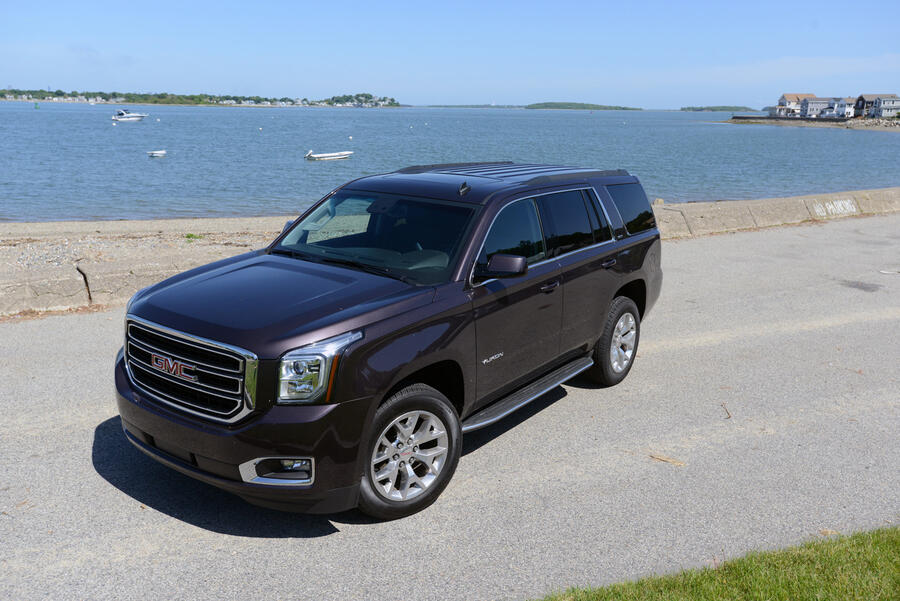
GM’s truck brand sells some 80,000 of its huge Yukon SUVs each year, which is approaching double the population of the Canadian territory from which it takes its name. The Yukon is mechanically identical to the Chevrolet Tahoe, which is named after a lake in California’s Sierra Nevada mountains.
Z: Ssangyong Korando DMZ
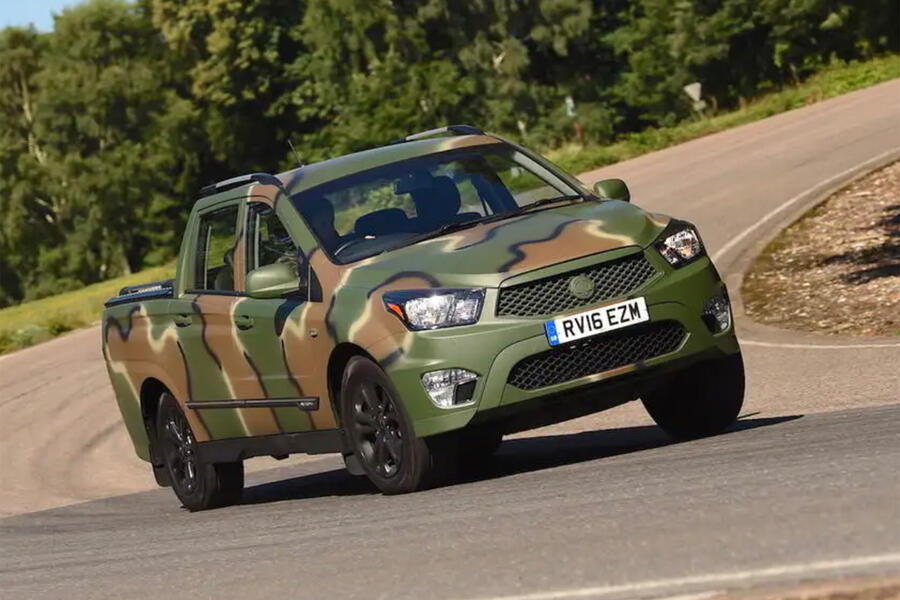
Yes, this one is very tenuous, and you are correct that neither Ssangyong or Korando start with a Z. But this is the DMZ version, an abbreviation for Demilitarised Zone. And, frankly, we’vc simply got to mention a special-edition pick-up that was actually, genuinely named after a fortified land buffer between North Korea and South Korea. It even came in a camouflage livery, but any attempt to pass undetected would have been undone by the uncouth and rattly diesel engine. So yes, our A-Z journey ends right in the middle of the most heavily fortified land border on earth. Good luck sightseeing.
Source: Autocar RSS Feed

